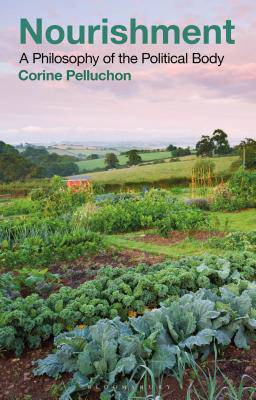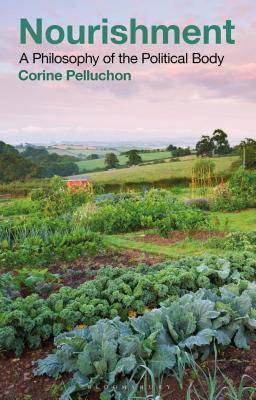
- Afhalen na 1 uur in een winkel met voorraad
- Gratis thuislevering in België vanaf € 30
- Ruim aanbod met 7 miljoen producten
- Afhalen na 1 uur in een winkel met voorraad
- Gratis thuislevering in België vanaf € 30
- Ruim aanbod met 7 miljoen producten
Zoeken
€ 62,95
+ 125 punten
Uitvoering
Omschrijving
This book seeks to replace the philosophy of the subject, underlying contemporary contractualism, with another philosophy. The ethics of vulnerability, which emphasizes the category of passivity, is the first phase in this philosophy of corporality, further supplemented in Nourishment by a philosophy of "living from," which takes the materiality of our existence seriously: hunger, oikos, space and time, place, and enjoyment.
Based on a radical phenomenology of sensations, this book takes inspiration from the French philosophers who were able to suggest an alternative to Heidegger's ontology of concern, such as Emmanuel Levinas, Jacques Derrida, and Paul Ricoeur. Going beyond the dualism between nature and culture, subject and object, Pelluchon aims to determine the existential structures that break with Heidegger's ontology of concern and the philosophies of freedom that serve as a foundation for liberal political theory.Specificaties
Betrokkenen
- Auteur(s):
- Vertaler(s):
- Uitgeverij:
Inhoud
- Aantal bladzijden:
- 416
- Taal:
- Engels
Eigenschappen
- Productcode (EAN):
- 9781350073890
- Verschijningsdatum:
- 21/02/2019
- Uitvoering:
- Paperback
- Formaat:
- Trade paperback (VS)
- Afmetingen:
- 137 mm x 213 mm
- Gewicht:
- 521 g

Alleen bij Standaard Boekhandel
+ 125 punten op je klantenkaart van Standaard Boekhandel
Beoordelingen
We publiceren alleen reviews die voldoen aan de voorwaarden voor reviews. Bekijk onze voorwaarden voor reviews.







